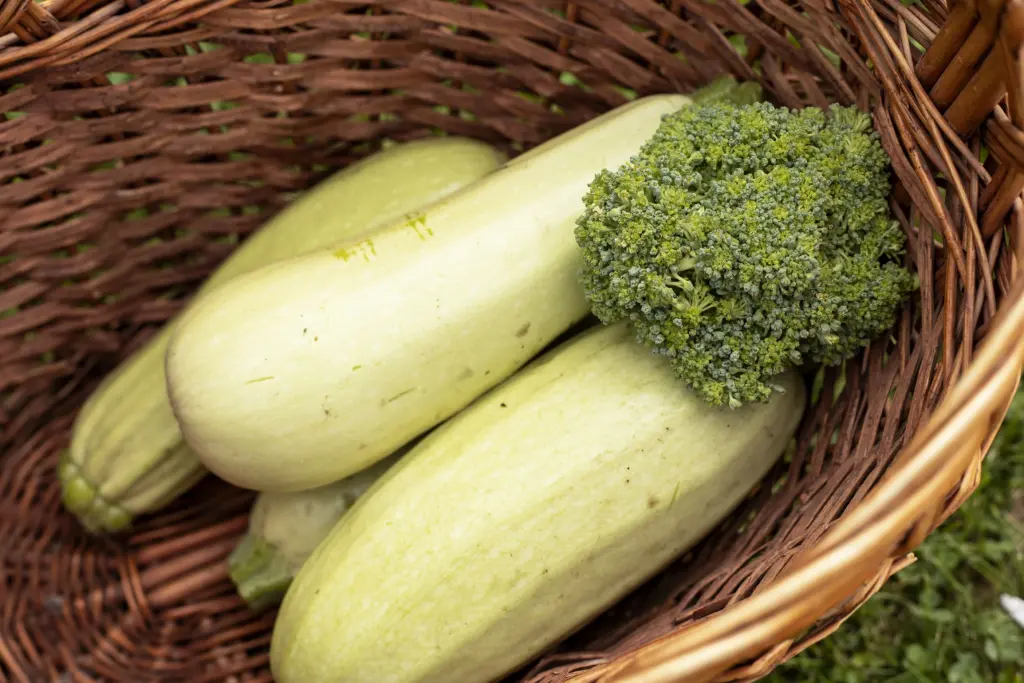Welcome back to Tasty Words, the blog series where we explore the origins of food words and discover why they’re spelled the way they are! So far, we’ve dined with the gods and travelled the globe. Now it’s time to get our hands dirty-because today we’re heading to the farm.
Many of the foods we eat come from plants, and so do the words we use to describe them. Some have Latin roots (literally!), while others come from Native American, Italian, or even Arabic languages. Let’s dig into some spelling-friendly food words that grew straight from the soil.
🥦 Broccoli
Where it comes from: This word comes from Italian broccolo, meaning “little sprout.” It’s a type of cabbage!
Spelling snack: Look at those double letters! Broc + co + li-each syllable is clear and easy to clap out.
Fun fact: The word broccolo is related to brocco, meaning “shoot” or “twig.”
🥒 Zucchini
Where it comes from: Another Italian word! Zucchini is the plural of zucchino, a “little squash.”
Spelling snack: It’s a long word with double c and double i-watch out for those repeating letters!
Classroom tip: Compare this with the British English version: courgette! What’s the same? What’s different?
🎃 Squash
Where it comes from: This word comes from a Native American language-specifically the Narragansett word askútasquash, which meant “green thing eaten raw.”
Spelling snack: Even though the word is short, it has a squishy blend at the start: squ + ash.
Try it: Can you think of other words that begin with squ-? (Hint: squeeze, squirrel, squirt…)
🌿 Leek
Where it comes from: This word has been around since Old English-the root leac meant any kind of plant in the onion family.
Spelling snack: It’s easy to sound out, but be careful not to mix it up with leak! Same sound, different meaning.
Word family: Leek, garlic, shallot-these are all part of the allium family (which sounds fancy, but it just means smelly and delicious).
🌾 Spelling Tip: Root Words = Real Roots!
When a food grows from the ground, its name often comes from the language of the people who first grew or discovered it. Some patterns you might notice:
⦁ Italian words often have –ini or –etti endings (like zucchini, spaghetti)
⦁ Old English words are often short and simple (like leek, bean)
⦁ Words from Native American languages might sound unusual in English-but they are packed with meaning!
🕵️♀️ Last Week’s Word: Falafel
This crunchy word comes from Arabic! It may come from filfil, meaning “pepper,” or falāfil, meaning “spicy things.” Either way, it’s fun to say-and tasty too!
🌱 Try It!
This word sounds fruity, but its spelling is a bit tricky:
⦁ Clue 1: It originally came from the Nahuatl word tomatl
⦁ Clue 2: It travelled through Spanish before entering English
Any guesses? (Answer next time!)
🧺 Coming Up…
Next week in Tasty Words, we’re off to the bakery for “Breakfast Bites and Bakery Delights!” Croissants, biscuits, and more buttery words await 🍞🥐




